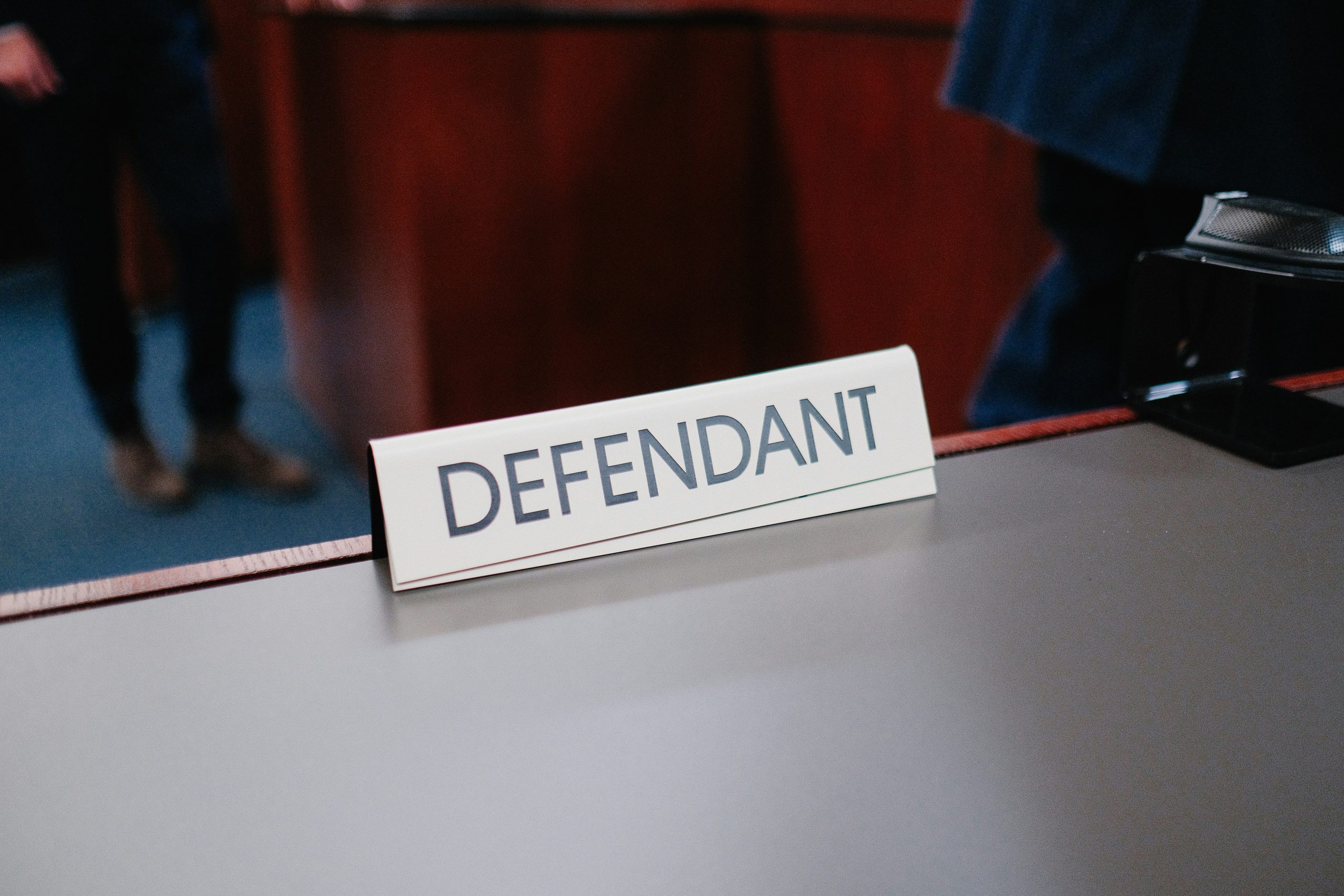By: Umar Khan (Candidate Attorney)
Ziyaad E Patel Attorneys
The Gauteng Division of the High Court which is among South Africa’s busiest divisions, has announced a major change to how civil cases are handled. From 22 April 2025, all civil matters must go through mediation before they can be set down for trial. This new Mediation Directive and Protocol is intended to address the severe backlog, with trial dates currently being allocated as far ahead as 2031.
The Judge President has described the current situation as “self-evidently unacceptable,” especially in cases like Road Accident Fund (RAF) and personal injury claims, where people often depend on settlements for their livelihoods. The delay in trial dates has made the constitutional right of access to the courts (section 34) effectively meaningless for many.
Key Changes
- Mediation is mandatory for all civil matters before trial.
- A formal Mediator’s Report confirming whether the dispute has been resolved or not, must be submitted with any trial date request. Without this report, the case will not proceed.
- Non-compliance may lead to the matter being struck from the roll.
Implementation Timeline
- 2025 trials (excluding RAF matters) will go ahead as scheduled.
- 2026 trials will remain on the roll, but parties must submit a Mediator’s Report 30 court days before the trial. Failure to do so will remove the case from the roll.
- From 1 January 2027, all existing trial dates are withdrawn.
- For RAF cases, trial dates in the second term of 2025 will proceed, but thereafter a Mediator’s Report must be submitted 7 days before trial, or the matter will be struck off.
How the Mediation Process Works
- Mediation is initiated under Rule 41A of the Uniform Rules of Court, with parties serving a notice indicating willingness to mediate, preferred mediator(s), and the platform to be used.
- If the parties can’t agree on a mediator, a process involving recognised mediation organisations (RMOs) and an appointed judge (“Umpire”) will select one.
- Mediators must be qualified, accredited, registered with an RMO, and follow professional codes of conduct.
- Once appointed, the parties sign a Mediation Agreement. The process should be completed within 30 days (extensions allowed by consent or court order).
- A Mediator’s Report must be filed within 10 court days after mediation ends. This report may influence cost orders if a party is found to have acted in bad faith.
Why This Matters
Around 85% of civil matters currently settle on the morning of trial — after years of delays and legal costs. By moving dispute resolution to an earlier stage, the courts aim to save time, cut costs, and free up resources for genuinely contested matters.
Challenges and Reactions
The Gauteng Legal Practice Council has raised concerns about whether the Directive limits the constitutional right of access to courts. However, the judiciary cites successful international examples of mandatory mediation and stresses the urgent need for reform.
The heart of the issue is to find a balance between lawfully restricting the right of access to courts, and ensuring the courts have the breadth to function competently. In this particular case, the argument could be made that in preventing certain matters immediately proceeding to litigation, the courts are preventing trial dates from being enrolled nearly a decade in the future. As such it can be said that this limitation in fact assists individuals in accessing the courts despite the apparent prevention of same.
What Practitioners Should Do
Lawyers must now integrate mediation into their core litigation strategy, advising clients early, preparing thoroughly, and ensuring all procedural requirements are met. Failure to do so risks sanctions.
The message is clear: disputes that can be resolved without a trial should be resolved early, and the courts should be reserved for cases that truly require judicial intervention.
As a result, this presents a unique challenge to those practitioners in the field of litigation. For clients however, it does allow for there to be a method to resolved significant disputes without the full extent of a trial, and the expenses associated thereto.

